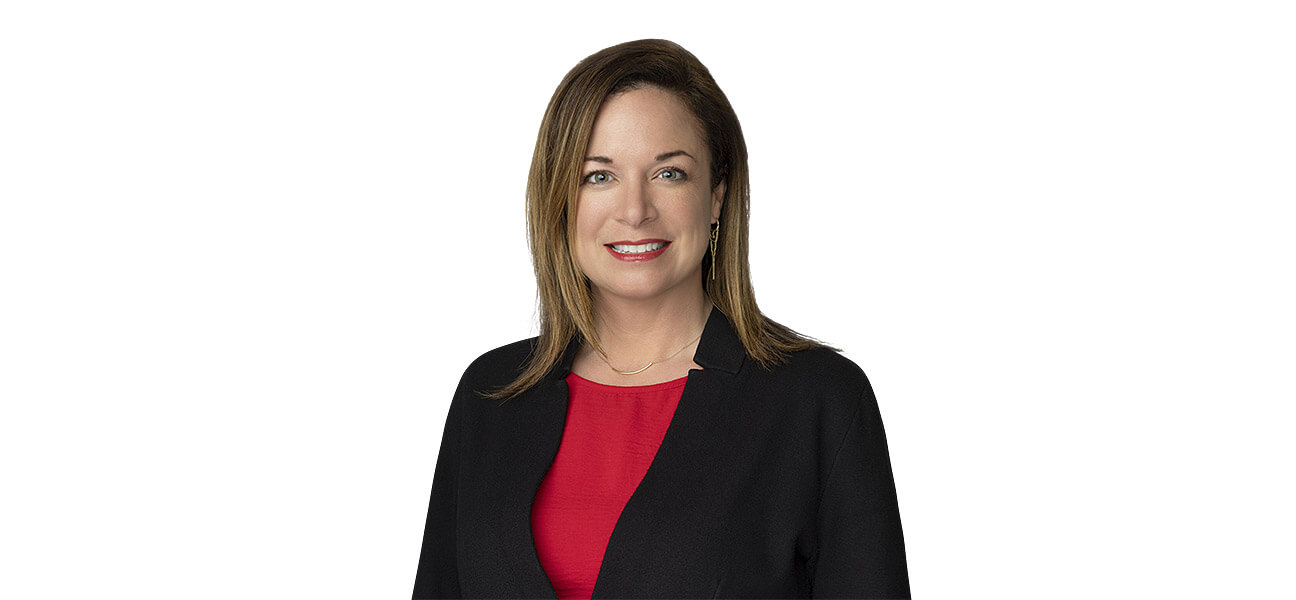People who excel in hospitality usually share a few essential attributes: they’re driven, creative, solution-oriented and love working with people. Of course, these qualities aren’t unique to the hotel industry and can also be found in individuals with all sorts of professional backgrounds. It’s become obvious—especially post-pandemic, as we’ve been forced to broaden our search for hospitality workers—that training people with those inherent qualities is one of the best ways to support our ever-growing and evolving industry.
Selling our hotels involves many moving parts, and developing and implementing training that engages learners while imparting critical knowledge is not easy. We need to teach our sales teams to be quick to respond, leverage their creativity in actionable ways, be memorable in their approach and connect with customers on a personal level.
So, how do you create an engaging hotel sales training program? You first need to take stock of your company, your salespeople and your goals. Then, you can build an innovative program from the ground up.
In early 2023, we implemented a home-grown sales training program at Spire Hospitality called Level Up Learning. We wanted to ensure that everyone on our sales team was aligned with our unique brand identity, company ethos and specific goals, while giving them the resources they needed to meet the selling challenges of each asset and market. Additionally, an in-house program offered the flexibility to pivot, rewrite the training as needed and tailor it to our team’s needs.
Program structure
The first step in developing a training program is determining its structure. After considering many different training programs and formats, the Spire team decided that a three-tiered sales training best fits our needs. This was because we could tailor the level of education to the background of our trainees, including everyone from new hires to those with 25+ years of hotel sales experience. Level 1 focuses on the basics. Level 2 dives into account management, account saturation and loyalty. Level 3 was designed for senior sellers and aspiring directors of sales.
Don’t feel the need to follow this model exactly. This is just what worked best for us.
Curriculum development
Next, consider the lessons you want to impart to your trainees. This requires some legwork. Hold structured discussions with general managers, experienced director of sales and revenue managers to pinpoint the areas that need attention. These could include—but aren’t limited to—techniques for prospecting, negotiation, objection handling and closing deals. Also, identify areas where the sales team could enhance their performance to stand out from the competition, such as creative thinking and personalized touch.
Once the team offers their insights, you can craft a comprehensive curriculum tailored to meeting your organization’s specific needs. Make sure to consistently review and update the training program to ensure its ongoing relevance and effectiveness. Curriculums should be dynamic to evolve with your organization’s and the industry’s needs.
Delivery methods
There are many ways to deliver and present educational programs, but some are more engaging than others. You want to be sure that your trainees are absorbing the information you’re presenting and can apply it immediately in their day-to-day work.
Some delivery methods include in-person classes, lunch and learns, small group virtual discussions and webinars. Consider leveraging engagement tools like group discussions and interactive content to maximize engagement. Visual aids, group projects, role-playing scenarios and guest speakers can also increase participation.
In our experience, a blended approach of various delivery methods has the most impact. We also strive for class participation in the form of group dialogue, which we encourage whenever possible by prompting the group to share stories and experience.
Evaluations
Every training program should conclude with an assessment to ensure attendees absorb the information. However, the purpose of this assessment is not to “pass” or “fail” the attendees—it’s to ensure that the training was effective and conveyed the right information. If most attendees are not passing their assessments, the training is not doing its job. In our case, we shared feedback with the director of sales who send their participants to class.
Additionally, immediately after training concludes, you should deploy feedback surveys to pinpoint areas for enhancement. There is always room for improvement; you should welcome feedback that may lead to better programming.
In summary, crafting an engaging hotel sales training program boils down to thoroughly understanding your company, your sales team, and your objectives. With this insight, you can develop a groundbreaking sales training program tailored to your organization’s needs.
Lindsay Greenshields is the regional director of sales & marketing at Spire Hospitality. She has a hospitality background that began in operations and years of experience leading sales teams at Pillar Hotels, Aimbridge Hospitality and Peachtree Hotel Group.
This is a contributed piece to Hotel Business, authored by an industry professional. The thoughts expressed are the perspective of the bylined individual.




